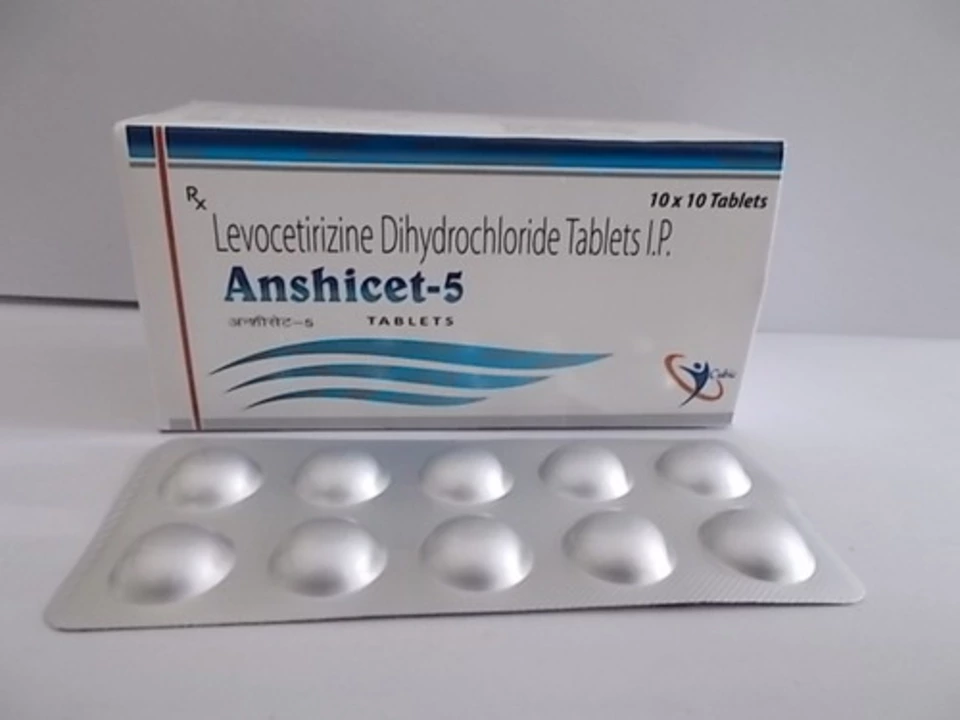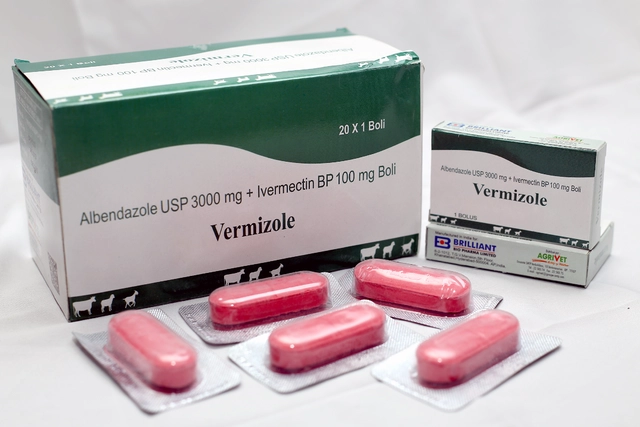Levocetirizine: What It Is and Why People Use It
Levocetirizine is an antihistamine many people pick for hay fever, runny nose, and itchy eyes. It's the active form of cetirizine, so it often works at lower doses and can cause less drowsiness for some users. If seasonal sneezes or persistent allergies slow you down, levocetirizine can be a simple, fast option to try—after checking with your healthcare provider.
How Levocetirizine Works and When to Use It
It blocks histamine, the chemical that makes your nose run and eyes itch during allergic reactions. Use it for allergic rhinitis (seasonal or year-round) and chronic hives. You’ll usually see symptom relief within a few hours, and the effect lasts about 24 hours with the common once-daily dosing.
Typical adult dose is 5 mg once a day. Some people take 2.5 mg if they’re sensitive or elderly. For kids, doses depend on age and weight—always follow the product label or a pediatrician’s advice. If you have kidney problems, dose adjustments may be needed, so ask your doctor.
Side Effects, Interactions, and Practical Tips
Common side effects are mild: headache, dry mouth, or slight tiredness. Unlike older antihistamines, levocetirizine is less likely to make you sleepy, but avoid driving or heavy machinery until you know how it affects you. Don’t mix it with alcohol or other sedatives—those can increase drowsiness.
If you take multiple meds, mention levocetirizine to your prescriber. It rarely interacts with other drugs, but dose changes are sometimes needed when kidney function is reduced. Stop and seek help right away for signs of a serious reaction: rash, swelling of face or throat, breathing trouble.
Buying tips: only use licensed pharmacies and check the packaging for expiration and seals. Levocetirizine is sold over the counter in some countries and by prescription in others—follow local rules. Avoid suspicious online sellers offering much cheaper versions without clear contact info or pharmacist support.
Want better results? Take it regularly during allergy season rather than only when symptoms flare. Pairing it with nasal saline rinses or a steroid nasal spray gives better control for many people. If symptoms don’t improve after a week or two, see your doctor—there might be another cause or a different treatment that works better.
Quick safety checklist: confirm dose for age and kidney health, avoid alcohol, buy from reputable pharmacies, and talk to your doctor if you’re pregnant or breastfeeding. Levocetirizine works well for lots of people, but safe use starts with the right dose and clear medical advice.

The Pros and Cons of Levocetirizine for Allergy Sufferers
As an allergy sufferer myself, I've been exploring the pros and cons of Levocetirizine. On the positive side, this antihistamine can provide quick relief from sneezing, itching, and watery eyes, as well as effectively treating hives. However, there are a few downsides, such as drowsiness, dry mouth, and potential interactions with other medications. Overall, while Levocetirizine can be an effective treatment for allergy symptoms, it's essential to be aware of its potential side effects and discuss them with your healthcare provider. Remember, always consult a doctor before starting any new medication.
Health and WellnessLatest Posts
Tags
- online pharmacy
- medication safety
- generic drugs
- medication
- dietary supplement
- side effects
- online pharmacy UK
- drug interactions
- mental health
- impact
- online pharmacies
- statin side effects
- dosage
- generic vs brand
- pediatric antibiotics
- antibiotic side effects
- skin health
- health
- pain relief
- dietary supplements




